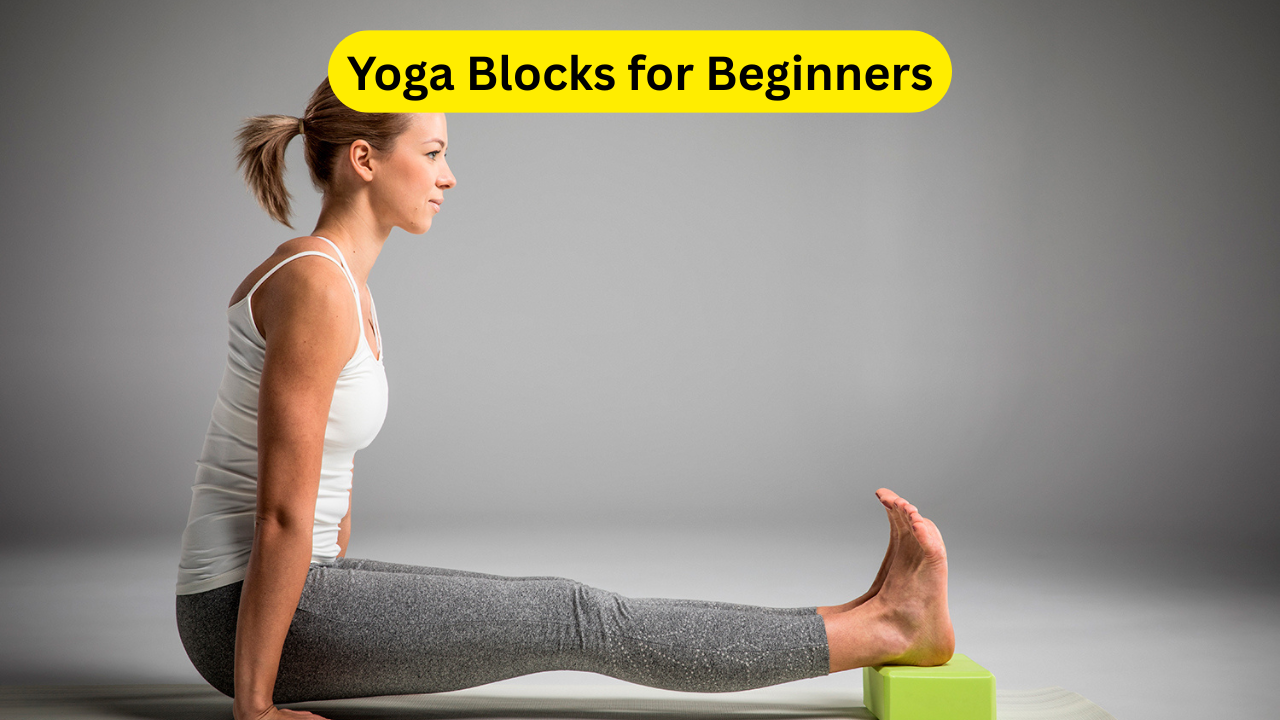A Workout Before Bedtime May Improve Your Sleep Quality: If you’ve ever struggled with falling asleep or staying asleep, you’re not alone. Insomnia and poor sleep quality are common issues, especially among older adults. However, a recent study published in BMJ Family Medicine and Community Health suggests that the solution might lie in your workout routine. Specifically, lifting weights or engaging in resistance training before bed could be the key to better sleep. This groundbreaking research analyzed the effects of different types of exercise on sleep quality, revealing that strength training is the most effective for improving slumber.
The study, a meta-analysis that combined data from multiple similar studies, examined how various forms of exercise impacted participants’ sleep scores. Researchers focused on five types of bedtime fitness routines: aerobic/endurance, strength/resistance, balance, flexibility, and combination exercises. The findings showed that while all forms of exercise improved sleep quality, strength training had the most significant impact. Aerobic exercise and combination workouts also showed positive results, but resistance training stood out as the most effective for those struggling with insomnia.
For individuals aged 60 and over, this research offers a promising solution to sleep problems. Insomnia is particularly prevalent in this age group, and traditional remedies like medication or relaxation techniques don’t always work. Incorporating strength training into your evening routine could be a natural and effective way to enhance sleep quality. But how exactly does exercise before bed improve sleep, and what types of workouts should you focus on? Let’s dive deeper into the details.
Click here: How Meditation Changes Your Brain: Structure for the Better
How Exercise Improves Sleep Quality
The Science Behind Exercise and Sleep
Exercise has long been associated with better sleep, but the timing and type of exercise play a crucial role. Physical activity helps regulate the body’s internal clock, or circadian rhythm, which controls sleep-wake cycles. It also reduces stress and anxiety, two common culprits of insomnia. Additionally, exercise increases the production of endorphins and promotes the release of melatonin, the hormone responsible for sleep.
Why Strength Training Stands Out
The study found that strength or resistance training was the most effective form of exercise for improving sleep. This could be because weightlifting and similar activities help reduce muscle tension and promote relaxation. Additionally, strength training has been shown to improve overall physical health, which can indirectly enhance sleep quality. For older adults, it also helps maintain muscle mass and bone density, contributing to better overall well-being.
Types of Bedtime Workouts and Their Benefits
1. Strength/Resistance Training
- Examples: Weightlifting, resistance bands, bodyweight exercises (e.g., squats, push-ups).
- Benefits: Reduces muscle tension, promotes relaxation, and improves overall sleep quality.
2. Aerobic/Endurance Exercise
- Examples: Walking, cycling, swimming.
- Benefits: Boosts cardiovascular health and helps regulate the circadian rhythm.
3. Balance and Flexibility Exercises
- Examples: Yoga, tai chi, stretching.
- Benefits: Reduces stress and promotes relaxation, making it easier to fall asleep.
4. Combination Workouts
- Examples: Circuits that include both aerobic and strength exercises.
- Benefits: Offers a balanced approach, combining the benefits of multiple exercise types.

Tips for Exercising Before Bed
Timing Matters
While the study highlights the benefits of bedtime workouts, it’s important to time your exercise correctly. Aim to finish your workout at least 30 minutes before bed to allow your body to wind down.
Keep It Moderate
High-intensity workouts right before bed might have the opposite effect, increasing adrenaline levels and making it harder to fall asleep. Stick to moderate-intensity exercises like light weightlifting or yoga.
Create a Routine
Consistency is key. Incorporate your chosen exercise into your nightly routine to signal to your body that it’s time to sleep.
Also read: New Maruti Brezza 2025: Elevating the Compact SUV Experience
A Workout Before Bedtime May Improve Your Sleep Quality Conclusion
The connection between exercise and sleep quality is undeniable, and this study provides valuable insights into how different types of workouts can improve your slumber. For older adults struggling with insomnia, strength training before bed could be a game-changer. However, aerobic exercises, flexibility routines, and combination workouts also offer significant benefits. Incorporating these activities into your nightly routine can help regulate your circadian rhythm, reduce stress, and promote relaxation, all of which contribute to better sleep.
Strength training, in particular, stands out as the most effective form of exercise for improving sleep quality. This is likely due to its ability to reduce muscle tension and promote physical relaxation. For those who are new to resistance training, starting with light weights or bodyweight exercises can be a great way to ease into this type of workout. Over time, you can gradually increase the intensity to maximize the benefits.
Aerobic exercises, such as walking or cycling, are also highly effective for improving sleep. These activities help regulate the body’s internal clock and reduce stress, making it easier to fall asleep and stay asleep. Similarly, flexibility and balance exercises like yoga and tai chi can promote relaxation and reduce anxiety, further enhancing sleep quality.
It’s important to remember that timing and intensity matter when it comes to bedtime workouts. Aim to finish your exercise routine at least 30 minutes before bed to allow your body to wind down. Stick to moderate-intensity activities, as high-intensity workouts can have the opposite effect, increasing adrenaline levels and making it harder to fall asleep. Consistency is also key—make exercise a regular part of your evening routine to reap the long-term benefits.
By prioritizing physical activity and choosing the right type of exercise, you can transform your sleep quality and enjoy the countless benefits of a good night’s rest. Whether you prefer lifting weights, taking a brisk walk, or practicing yoga, the key is to find an activity that suits your fitness level and preferences. As always, consult with a healthcare professional before starting any new fitness regimen, especially if you have underlying health conditions.
A Workout Before Bedtime May Improve Your Sleep Quality FAQs
1. Is it safe to exercise before bed?
Yes, it’s generally safe to exercise before bed, as long as you choose moderate-intensity activities like strength training, yoga, or light aerobic exercises. These types of workouts promote relaxation and help prepare your body for sleep. However, avoid high-intensity exercises like sprinting or heavy weightlifting close to bedtime, as they can increase adrenaline levels and make it harder to fall asleep.
2. How long before bed should I exercise?
It’s recommended to finish your workout at least 30 minutes before bedtime. This allows your body to cool down and transition into a relaxed state, making it easier to fall asleep. If you prefer more vigorous exercise, aim to complete it at least 1-2 hours before bed to give your body enough time to wind down.
3. What if I’m not used to strength training?
If you’re new to strength training, start with light weights or bodyweight exercises like squats, push-ups, or resistance band workouts. These activities are beginner-friendly and can help you build strength gradually. Consider working with a certified trainer to ensure proper form and avoid injury. As you become more comfortable, you can increase the intensity and incorporate more advanced exercises.
4. Can exercise help with chronic insomnia?
Yes, exercise can be an effective natural remedy for chronic insomnia. Studies have shown that regular physical activity, especially strength training and aerobic exercise, can improve sleep quality and duration. Exercise helps regulate the body’s internal clock, reduces stress, and promotes relaxation, all of which are beneficial for those struggling with insomnia. However, it’s important to combine exercise with other healthy sleep habits, such as maintaining a consistent sleep schedule and creating a relaxing bedtime routine.
5. Are there any exercises I should avoid before bed?
Yes, high-intensity exercises like sprinting, heavy weightlifting, or intense cardio should be avoided right before bed. These activities can increase adrenaline levels and heart rate, making it harder to fall asleep. Instead, opt for moderate-intensity exercises that promote relaxation, such as yoga, light weightlifting, or a gentle walk. These activities help reduce stress and prepare your body for sleep without overstimulating your system.









